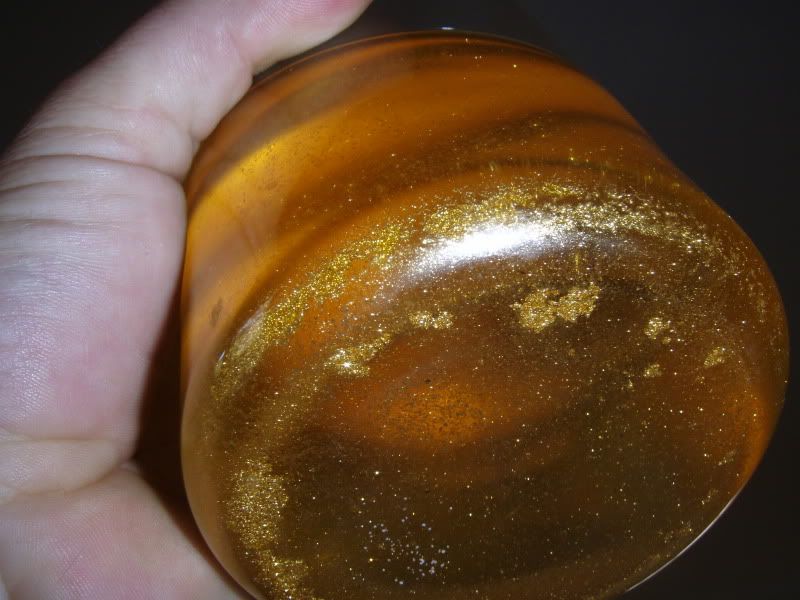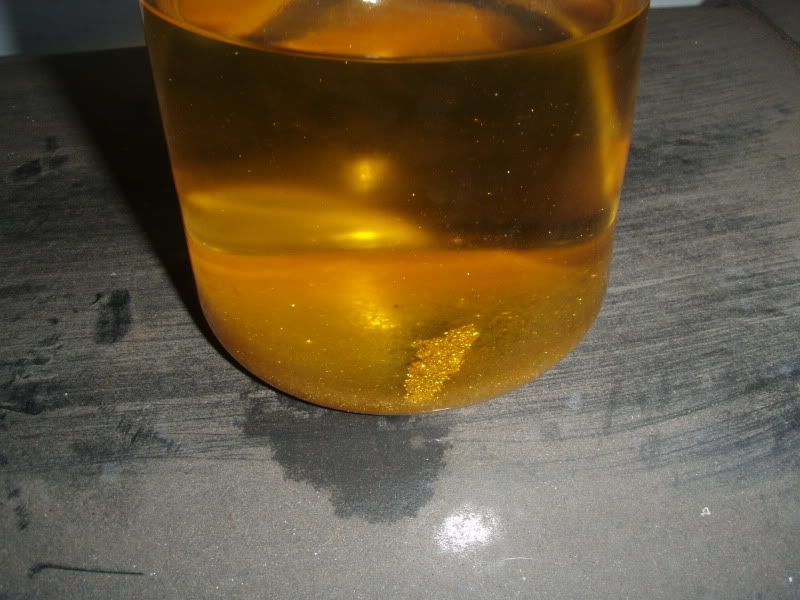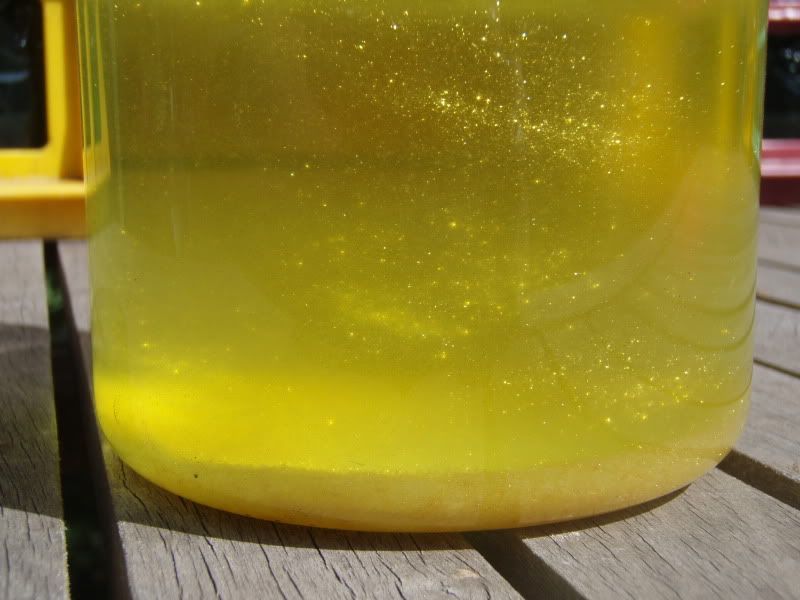golden lady sounds like you are looking for a chemical to precipitate your gold with, SO2 gas, these will produce SO2 gas in acid solution's,sodium metabisulfite (wine supply store), sodium sulfite, sodium bisulfite (check pool chemicals), sodium disulfite, sodium pyrosulfite (check stump removers).
ferrous sulfate (copperas) (Iron sulfate) look for in garden supplys(green not oxidized brown), or can be made with soft Iron from old transformers burn them wash and use dilute sulfuric acid to dissolve Iron(new battery acid and 3 parts water good here), can evaporate to crystals if needed.
there are other precipitants that can be used also to get gold from solutions,
metals will also precipitate gold and valuble metals from acidic solutions, by replacing the metals such as gold in the acid, with another metal , a metal higher in the reactive series, (look up reactivity series and read about this), Example copper or Iron, will replace the gold in the acid and push out the gold as a precipitant.
I also noticed you have been looking for something to precipitate your gold as a golden powder, I would forget this Idea, and just go for the gold as a Beutiful brown powder.
ores are difficult to work with, there are many different leach methods and the type of ore may determine one method better than another, the ore is made from so many different things, the rock is formed from acids or alkalie that can effect a leach of these, concentration, and pretreatment is very important to success, depending on ore type, like particle size roasting ( depending on ore type can be dangerous as things like arsenic is possible), some rock can be sulfide made from sulfuric acid, carbonates , etcetera, these acids or bases , can complicate your leaching chemicals, also base metals in the rock can use up your leach strength before you get values out of the rock, also with ore you are working normally with base metals and values in your solution which complicates a clean precipitant of gold from solution, these can also make it hard to precipitate gold from solution, here is where displacing them with a metal higher in reactive series works somewhat better, then refinining your precipitants.
hope this gives you a place to start find your answer's you seek, reading through this forum, you can find the answer's you seek, it takes time so patients is needed, also Hokes book ( download avialable on forum) is a great book to learn from, another book well worth the price to me was recovery and refining of precious metals written by C.W. Ammen, I bought my copie years ago from Action mining,
http://www.actionmining.com/
Ps my wife wants to know if yer a guy or girl miner?









